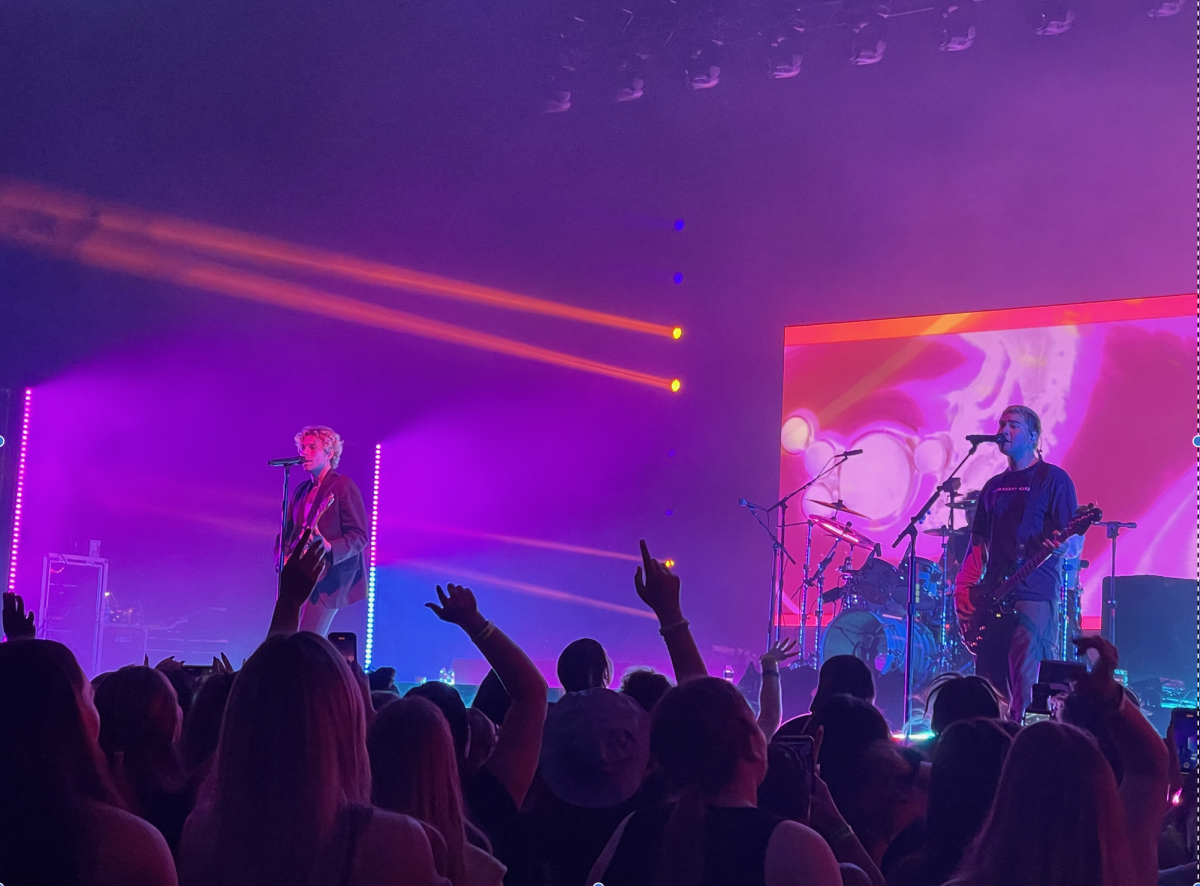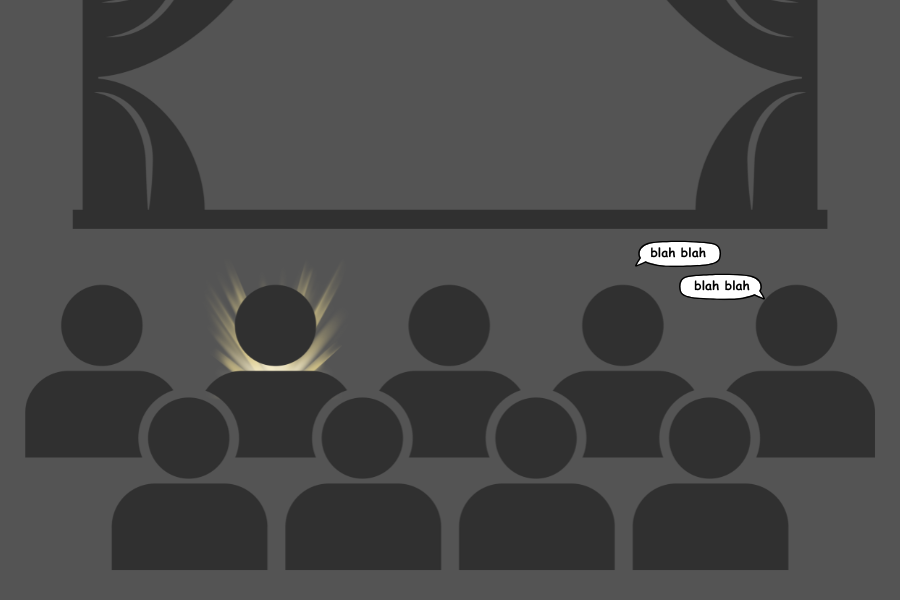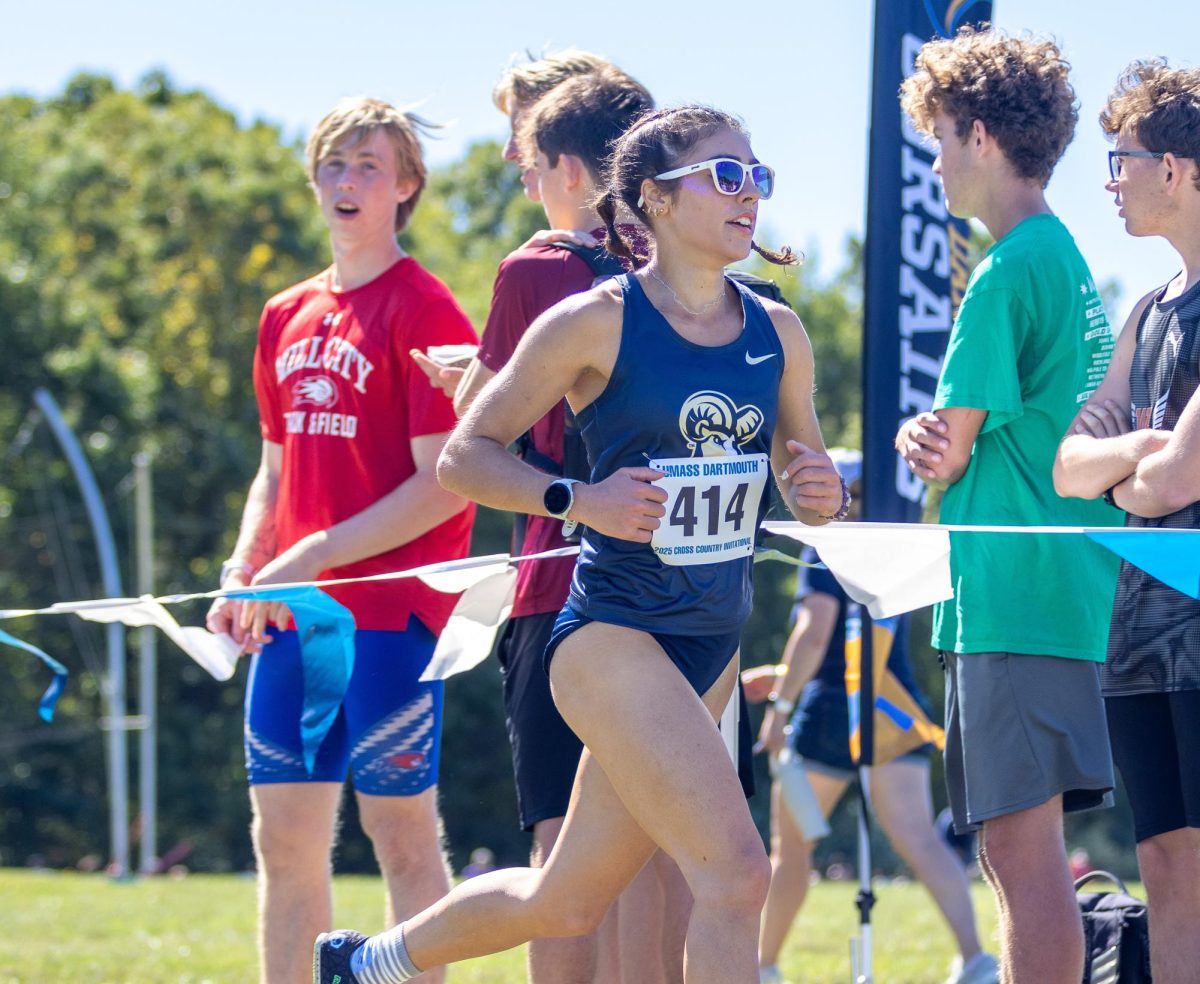Whether it be from the nosebleeds of stadiums to the thick of the pit in a music hall, the toxicity of concert-goers is getting extreme.
Concert culture, both online and at the venue, has taken a turn for the worse this past decade. With the rising virality of live music after the long hiatus during the COVID-19 pandemic, it’s clear that many fans attending live shows aren’t giving their fellow attendees and the artists the respect they deserve. People are more concerned with proving their presence at a show and the exclusivity of their experience to be mindful of others.
One of the major issues is people’s well-being and experience at concerts being disrupted by other concertgoers or venue staff.
Artists have been paying more attention to their fans beyond the stage. It has become expected of artists to stop their shows to assist fans when they are seen struggling. Taylor Swift interrupted her own concert to insist that security stop harassing a fan over the summer, which quickly gained virality.
Adele similarly had a viral moment where she asked security to stop telling a fan to sit during one of her performances.
Security isn’t always the problem though. With shows that have pit space, health concerns like dehydration are at the forefront of venues’ minds. Many venues have been providing water bottles to pit attendees to avoid some of these health risks.
This doesn’t always solve the problem though. Medical emergencies at concerts that have standing floorspace have become increasingly frequent, whether it be due to dehydration or any other number of complications that can occur in that setting. Venues have been passing out water to concert goers in the pit recently, but that only solves some of the issues at hand because it isn’t always an out of control incident, sometimes it is a lack of concern or awareness from the fans themselves.
There were quite a few stories online of people who attended the “Eras Tour” who had their expensive experience disrupted by someone being too drunk or getting sick. Any avid concert goer probably has a horror story from their times at a concert near someone disruptive.
It’s safe to say that these instances are not pleasant while trying to enjoy a live music experience. The commonality of these experiences amongst concert goers is in tandem with a lack of etiquette from other attendees.
The expectations should be higher for people to be more cognizant of their substance intake and for people to be conscious of their physical wellbeing in the pit, the responsibility falls on the artists and other fans to direct help and put their enjoyment on hold for the problematic few.
Another major issue in the concert scene has been camping outside of venues. Concerts with pit space often means that your location in comparison to the stage is solely based on your spot in line before the venue opens. While many would just be happy to attend, some fans take it too far, setting up campsites hours, days or even a week before a concert in order to ensure they have the best view inside the venue.
This behavior is unfair to fans who don’t have the time on their hands to stake out a spot near the stage and just serves to look down on fans who don’t elect to put their well being and time on the line for barricades.
Being at a venue so early is taking the experience just a step too far. Concerts shouldn’t demand fans’ time and energy in such a large capacity, dictating their actions days prior.
Fans also seem to create competitive notions at concerts nowadays, outside of where your seat is in the theater. Fan projects have always been around and are a great way to interact with artists on a large scale, but sometimes they just seem like a desperate grasp to gain popularity online or to be “noticed.”
“The Marjorie Project” was a fan project that occurred during an Eras Tour show, where people on the floor held up a photo of Swift’s deceased grandmother who she wrote the song “Marjorie” to commemorate. This took the idea of fan projects a bit too far and felt like a distasteful way to be noticed by an artist.
Other fan projects have been far more successful and less invasive, but it has become just another competitive part of concert culture.
This plays into a fan culture of being better or more entitled than the rest. Many feel like a dedication to an artist means they deserve the concert experience they want without the consideration of other attendees. It has become prevalent since the “Eras Tour” that fans of many artists feel they can dictate who a “real” fan is and whether that warrants a spot at a show.
Although some may feel it is all fun and games to make claims online about who is or isn’t “allowed” at a concert, it is an exclusive mindset that only hinders the experience.
This goes even further into the current economics of buying concert tickets. It is extremely hard to score concert tickets already, but with a financial barrier for most attendees, the live music music experience is something to dread rather than look forward to.
This barrier often means that no matter the opportunity, the cost is what’s keeping fans out of their favorite artists’ shows.
The process and construction of concerts needs to be reimagined. It’s getting harder by the day to even get tickets, so once the day arrives, fans should be allowed an experience that reflects the price they have to pay to be there to begin with.
















